What if GPs could learn to trust their gut instincts more?
If GPs can trust their gut instincts more, they might be more lenient with ordering further investigations or referring to specialists when they suspect that a patient might have cancer. This would lead to higher rates of early diagnosis, as suggested by a study conducted by Smith et al., which found that GPs using gut instincts for diagnosis had a four times higher chance of diagnosing cancer in early stages.
The pooled odds of a cancer diagnosis were four times higher when gut feelings were recorded (OR 4.24, 95% confidence interval = 2.26 to 7.94); they became more predictive of cancer as clinical experience and familiarity with the patient increased.
We tend to believe that gut instincts might not be good for decision-making because it’s vulnerable to biases and heuristics. However, gut instincts help in cancer diagnosis because they don’t actually arise out of thin air, as one might feel they do. Instead, they are actually nothing but pattern recognition by a GP’s right hemisphere or intuitive thinking sharpened over many years of clinical experience.
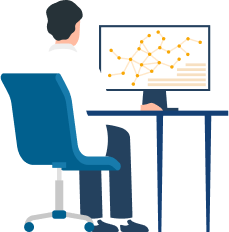
On the flip side, GPs relying on their gut instincts also makes them vulnerable to biases like patternicity or apophenia. This means that they might imagine patterns where none exist and suspect cancer in patients when they don’t actually have it.
However, this bias is relatively harmless as upon further investigations, it will be clear whether the patient has cancer or not.
In fact, being biased toward suspecting cancer might even be helpful because it would mean fewer cases of cancer will be missed so there would be fewer false negatives. The reward, in terms of early diagnosis of cancer, is much higher than the cost, which is basically just a few extra investigations.
 Blog posts
Blog posts Newristics
Newristics
 01 July 2022
01 July 2022
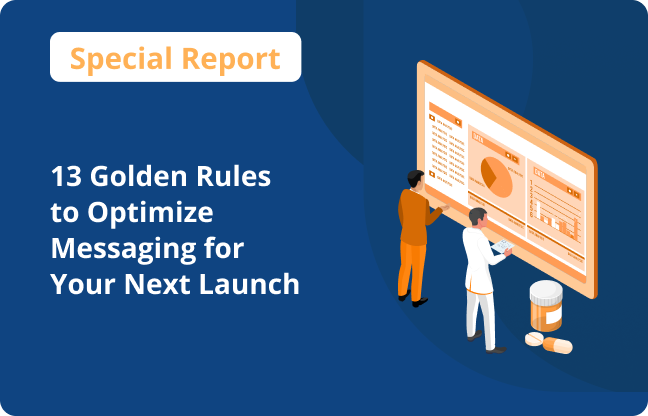
 Back
Back Share
Share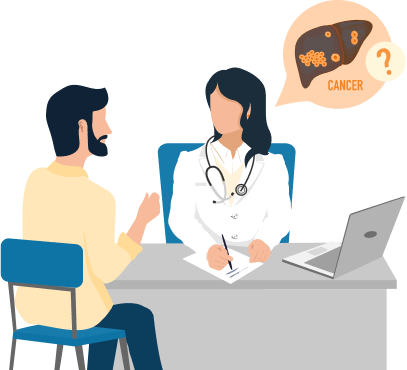







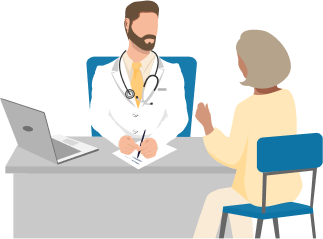
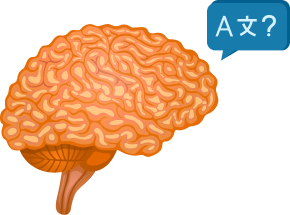

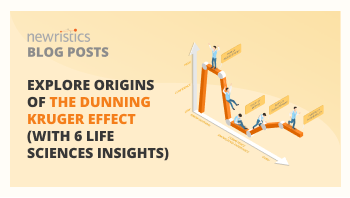
 Blog Posts
Blog Posts
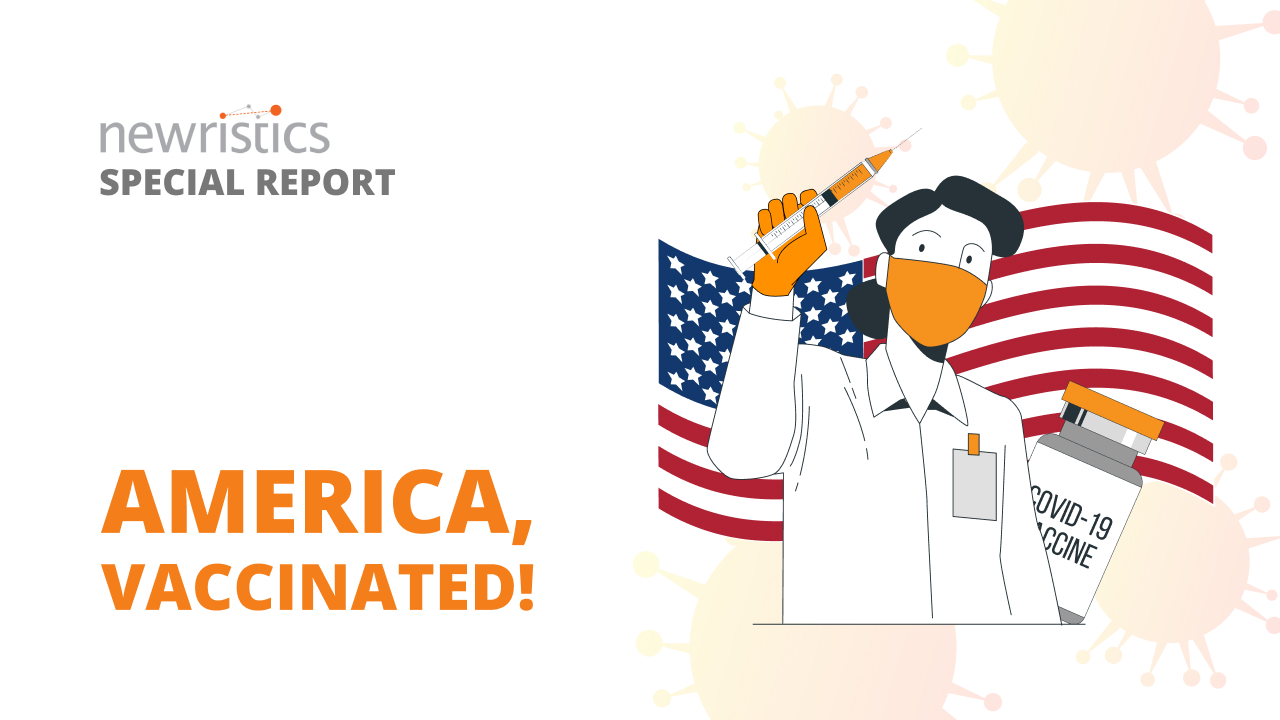
 Whitepapers
Whitepapers




